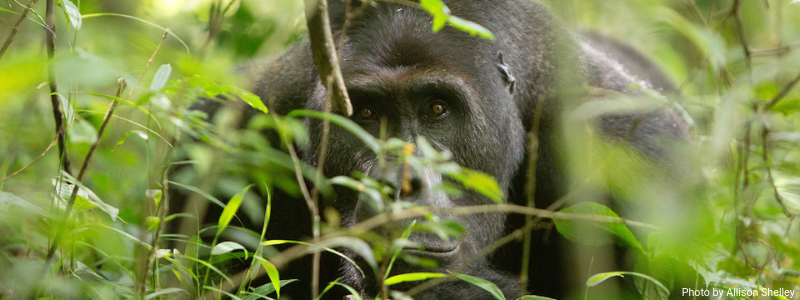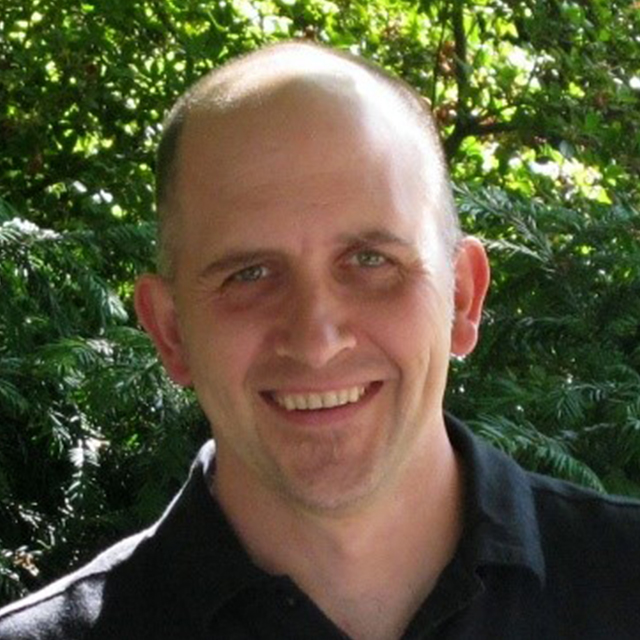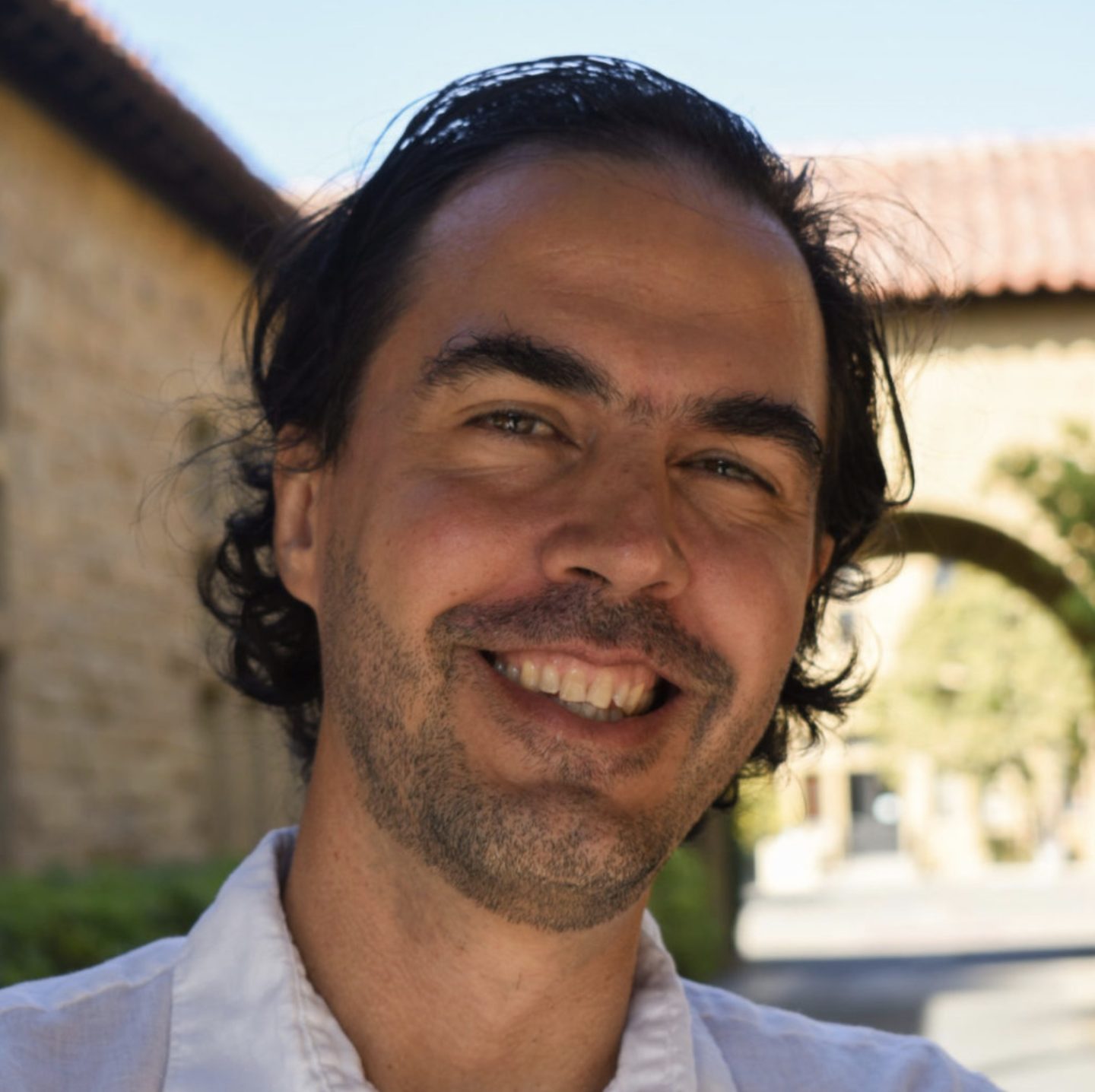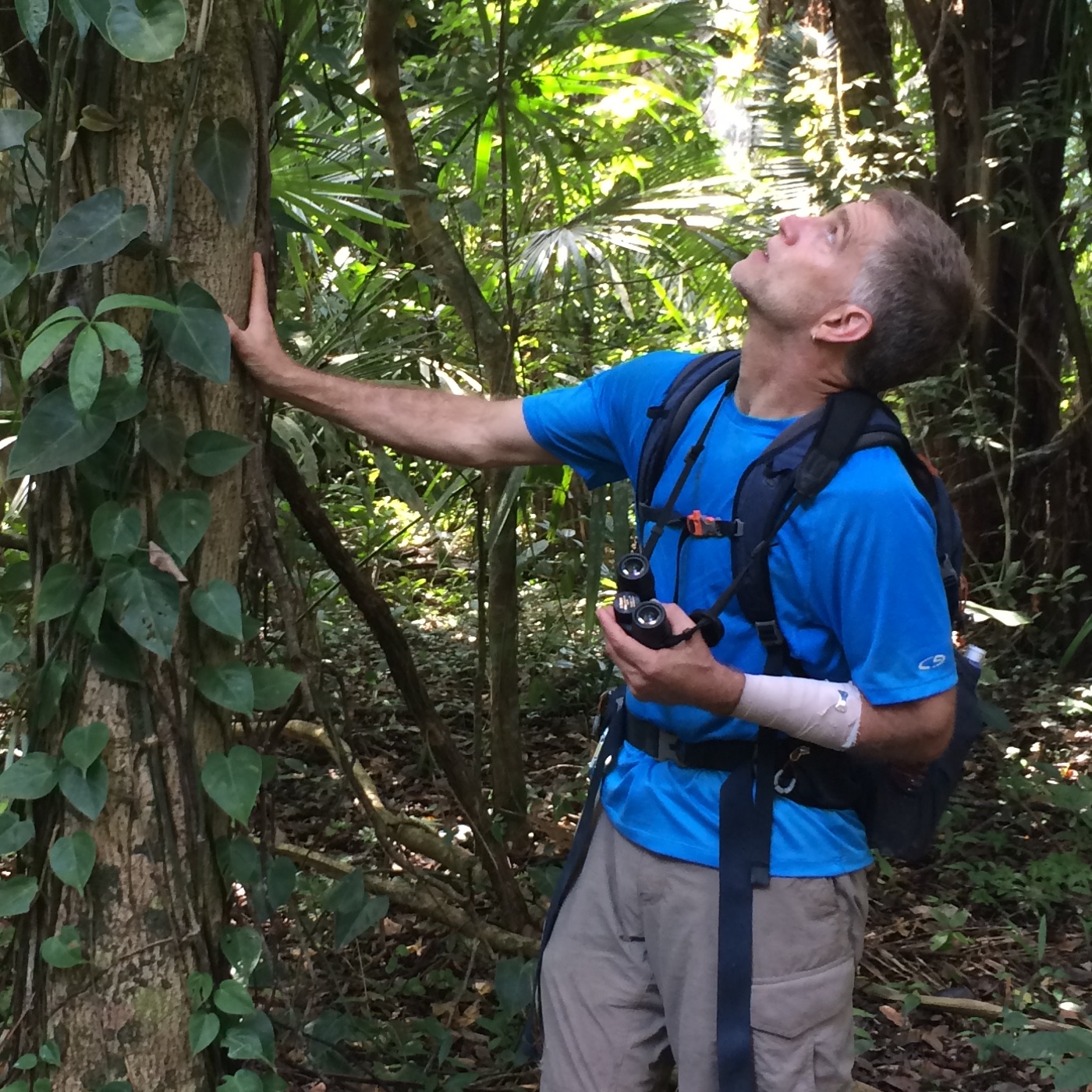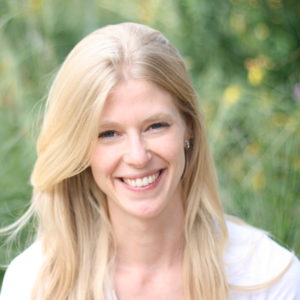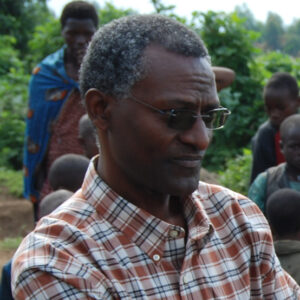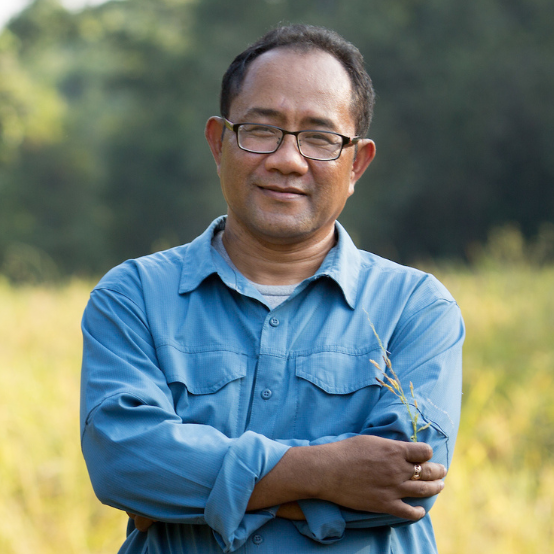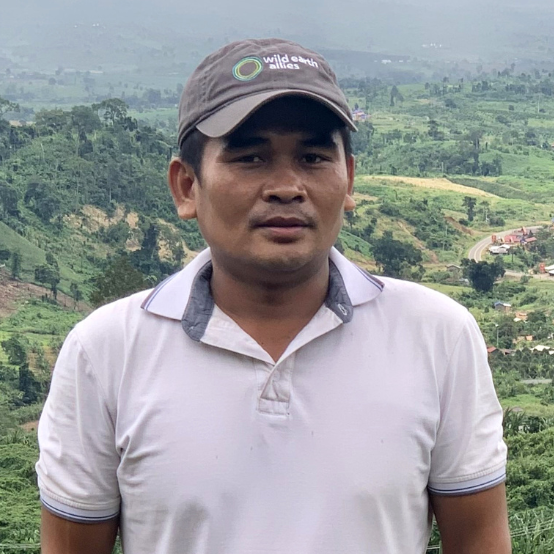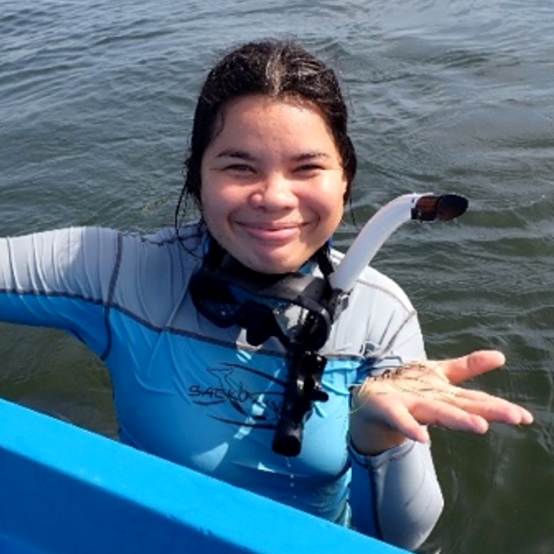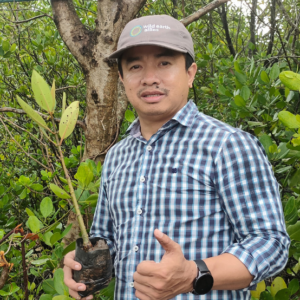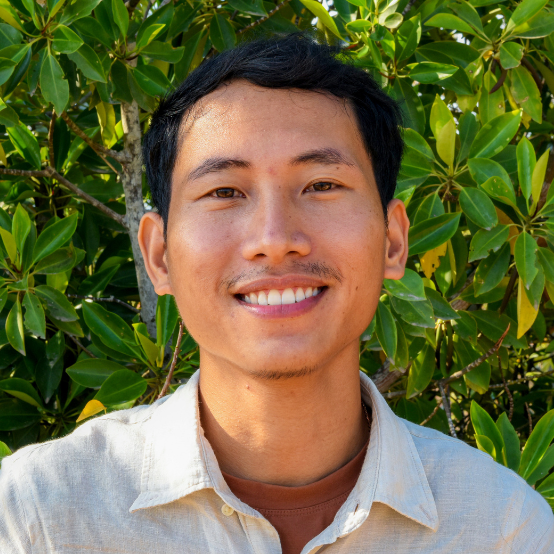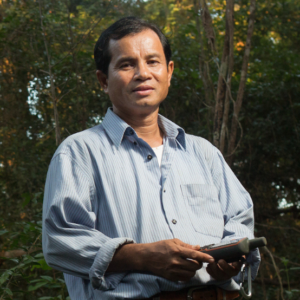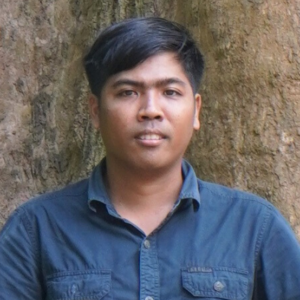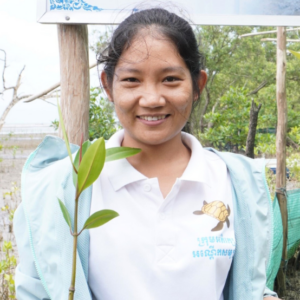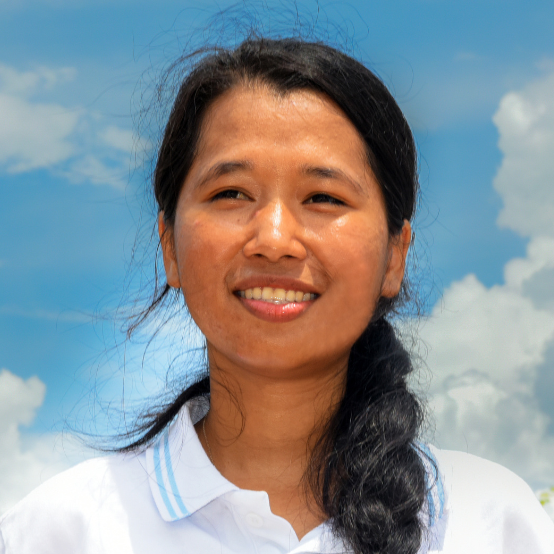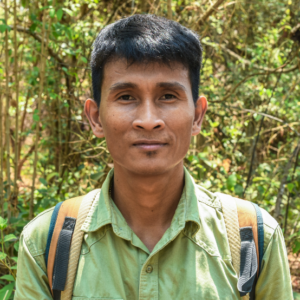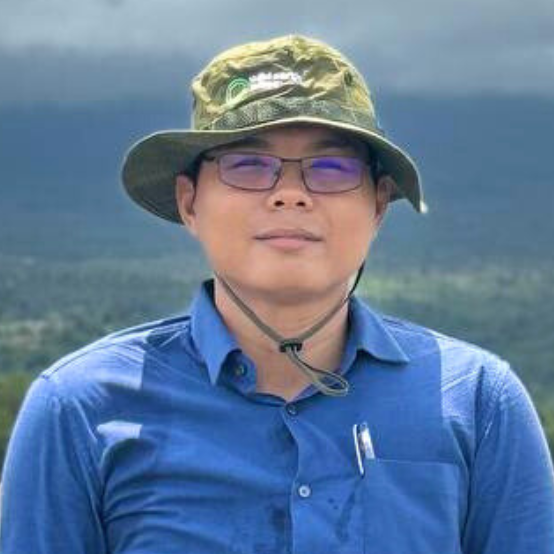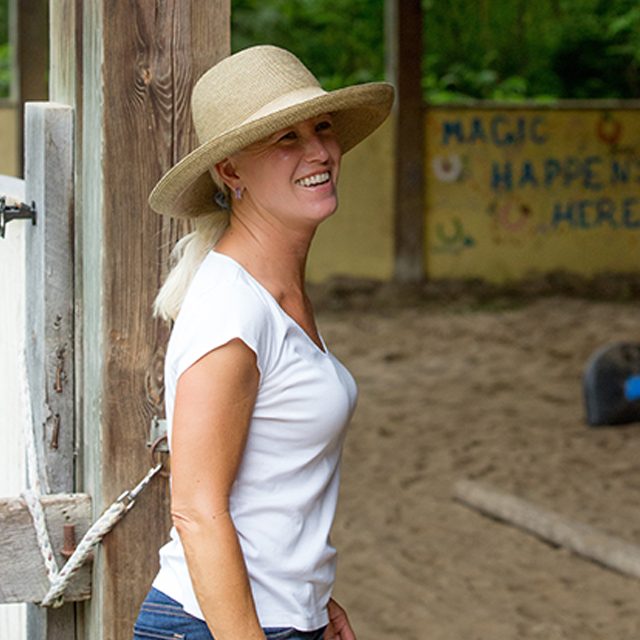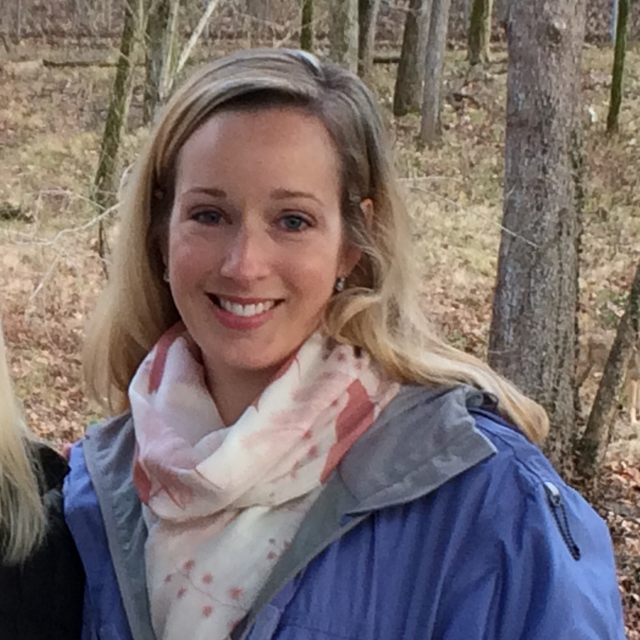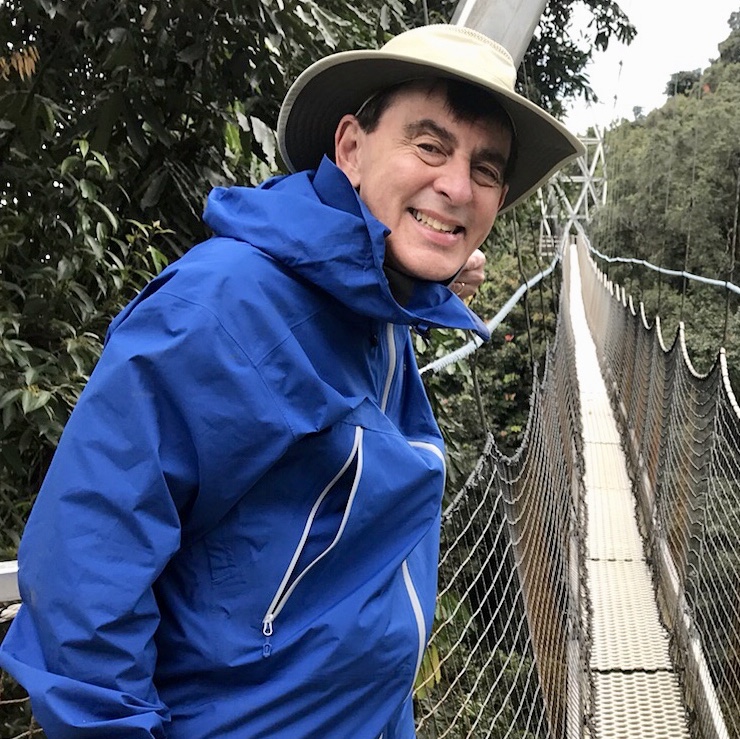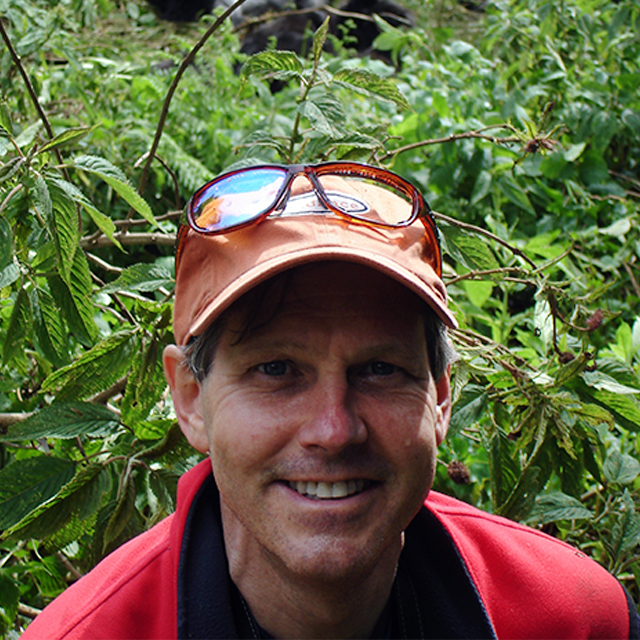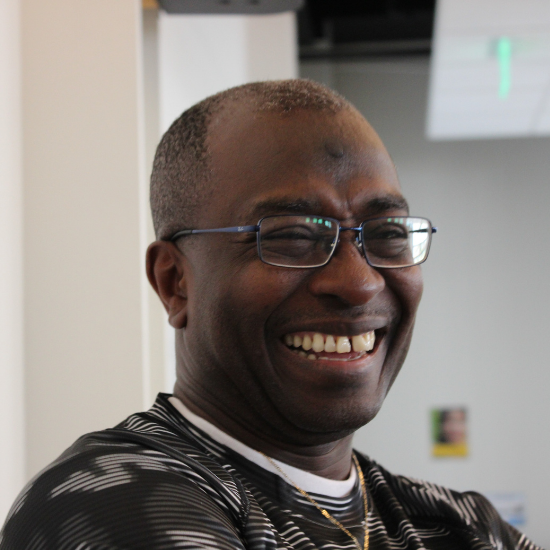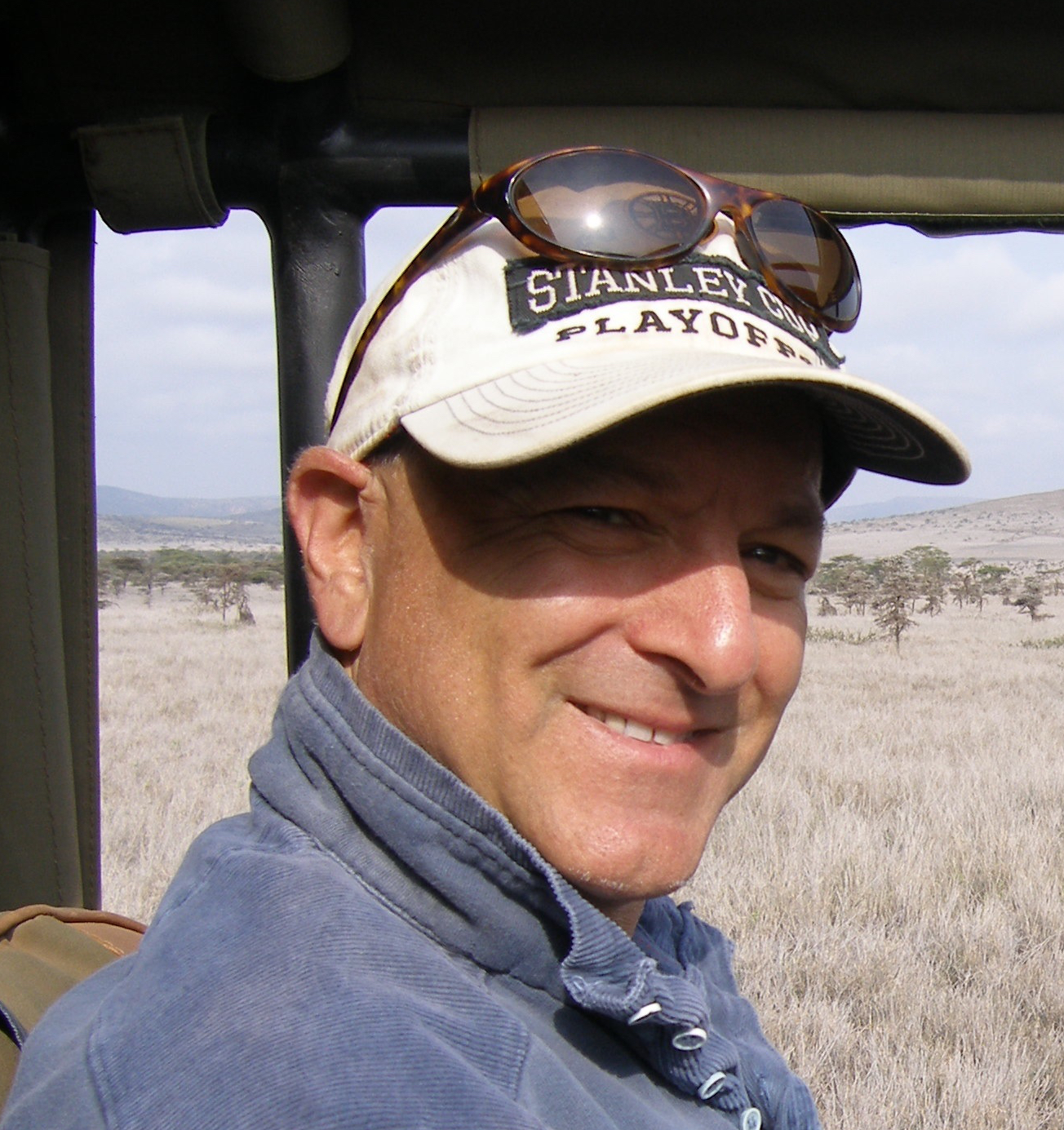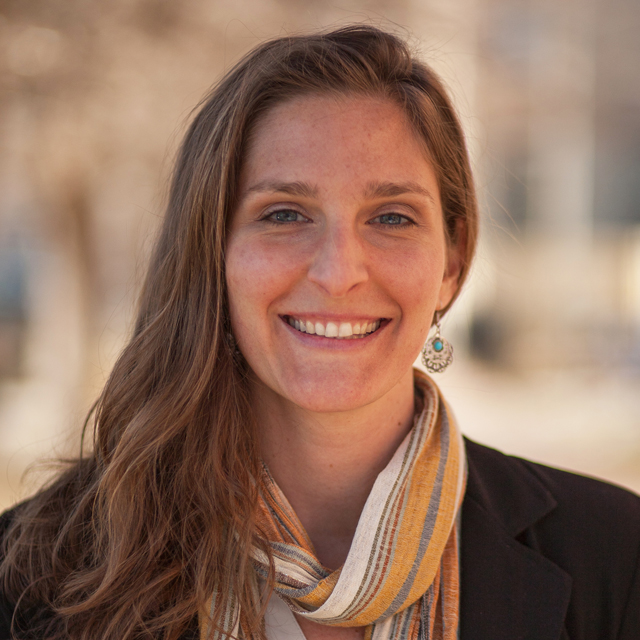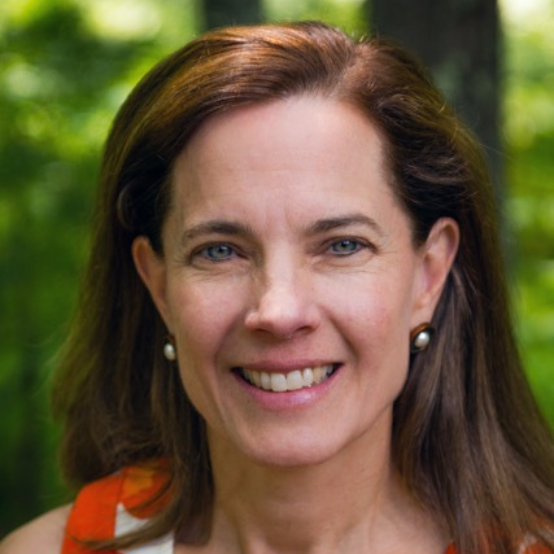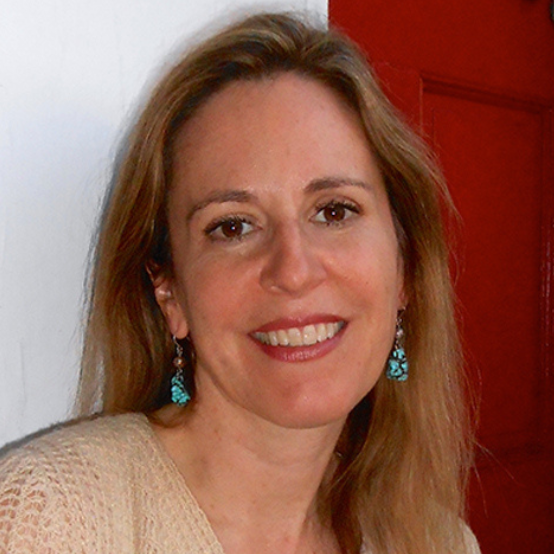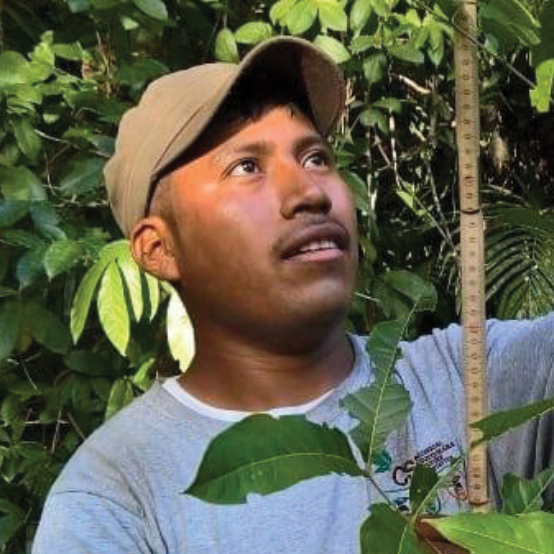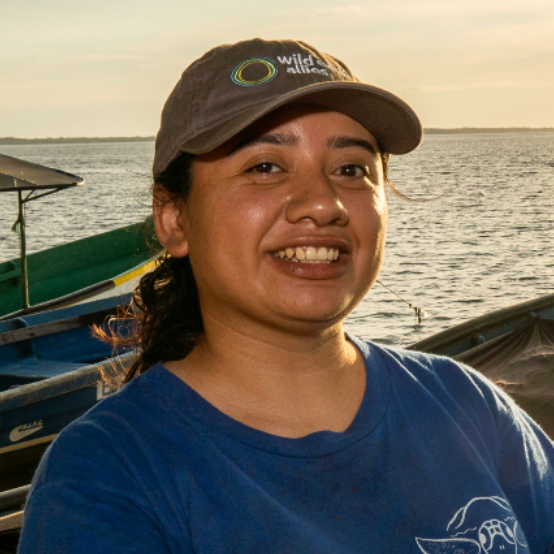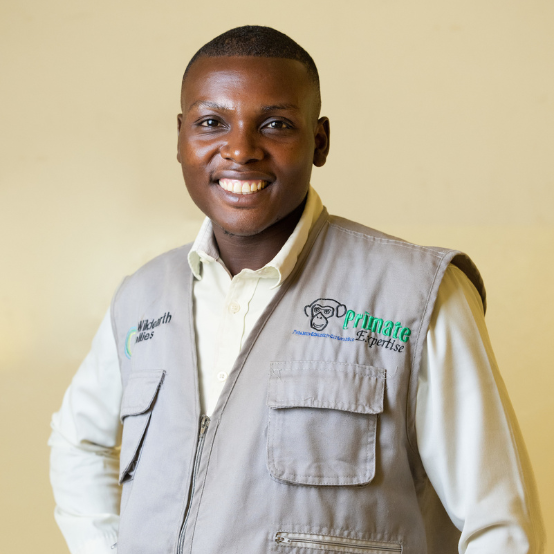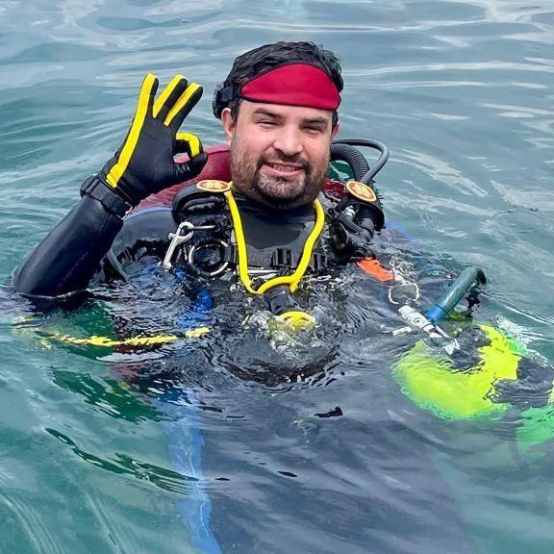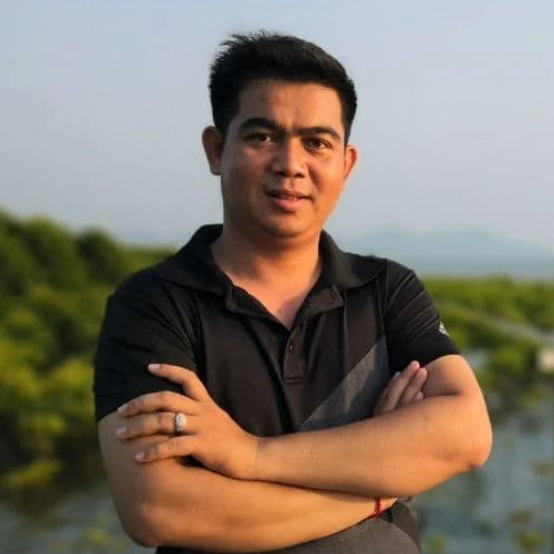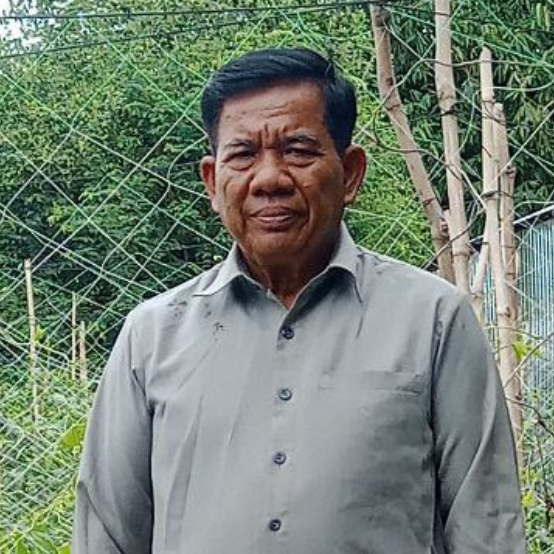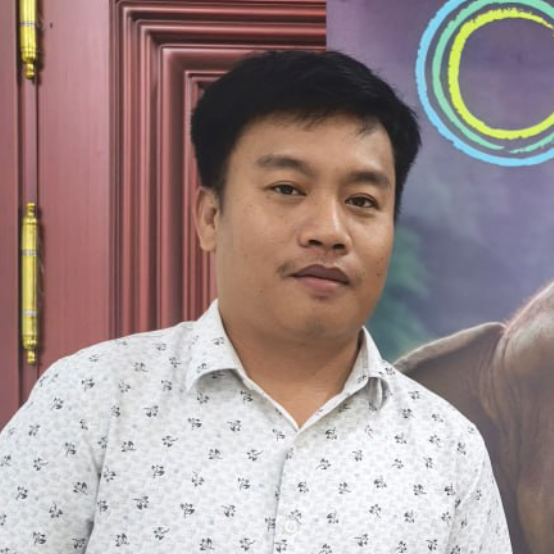According to a landmark report released this week, one million plant and animal species are facing extinction which has alarming implications for human survival. While nothing in this report by the UN Intergovernmental Science-Policy Platform on Biodiversity and Ecosystem Services was particularly surprising, the take home message was a sobering wake-up call:
“The decline in biodiversity is eroding the foundations of our economies, livelihoods, food security, health and quality of life worldwide.”
The primary cause of accelerating species loss, according to the report, is rapid change in patterns of land and sea use. Agriculture, fishing, logging, mining, and other development activities are degrading the earth’s ecosystems, and these impacts are being exacerbated by climate change.
Given this stark reality facing the world’s biodiversity, we must accelerate our efforts to protect vital areas of our natural world, to conserve important wildlife species and maintain the natural ecosystems that sustain us all.
We have many examples where our work is contributing to real solutions for biodiversity and people. We are working with indigenous communities in Cambodia and Democratic Republic of the Congo to protect endangered species such as Asian elephants and Grauer’s gorillas in ways that respect cultural values and safeguard the benefit flows for those living closest to these forest ecosystems.
With our planet’s oceans under severe strain, our work supporting coastal fishing communities to protect marine biodiversity is critical to sustaining people’s livelihoods who rely on these fisheries. And documenting the diversity of plants in tropical forests in places such as Belize, home to some of the most intact forests in Mesoamerica, is an essential part of protecting the world’s biodiversity.
We must recognize that development that fails to consider sustainability and nature’s essential role in our survival will lead to our demise. Fortunately, we know it is not too late to make a difference, which the report also tells us, but only if we start now at every level from local to global.
At Wild Earth Allies we are working every day to protect the earth’s biodiversity and move towards a more sustainable future for nature and for people.

